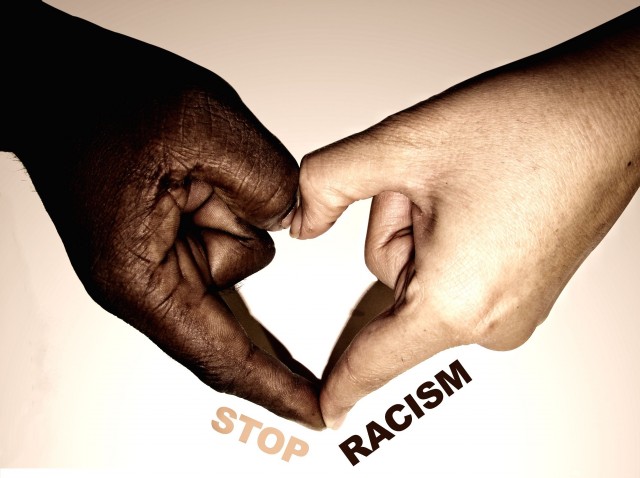The International Day for the Elimination of Racial Discrimination is observed annually on 21 March. On that day, in 1960, police opened fire and killed 69 people at a peaceful demonstration in Sharpeville, South Africa, against the apartheid pass laws.
Proclaiming the day in 1966, the United Nations General Assembly called on the international community to redouble its efforts to eliminate all forms of racial discrimination
The theme for 2019 is “Mitigating and countering rising nationalist populism and extreme supremacist ideologies”.
According to the United Nations, racist extremist movements based on ideologies that seek to promote populist, nationalist agendas are spreading in various parts of the world, fueling racism, racial discrimination, xenophobia and related intolerance, often targeting migrants and refugees as well as people of African descent.
In its recent resolution on eliminating racism, the United Nations General Assembly reiterated that all human beings are born free and equal in dignity and rights and have the potential to contribute constructively to the development and well-being of their societies.
The resolution also emphasized that any doctrine of racial superiority is scientifically false, morally condemnable, socially unjust and dangerous and must be rejected, together with theories that attempt to determine the existence of separate human races.




